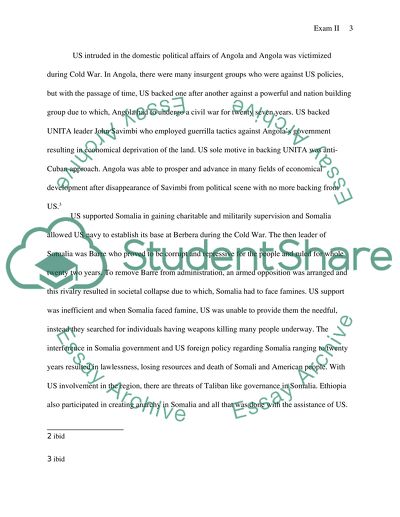Cite this document
(“Exam II Term Paper Example | Topics and Well Written Essays - 2250 words”, n.d.)
Retrieved from https://studentshare.org/history/1653258-exam-ii
Retrieved from https://studentshare.org/history/1653258-exam-ii
(Exam II Term Paper Example | Topics and Well Written Essays - 2250 Words)
https://studentshare.org/history/1653258-exam-ii.
https://studentshare.org/history/1653258-exam-ii.
“Exam II Term Paper Example | Topics and Well Written Essays - 2250 Words”, n.d. https://studentshare.org/history/1653258-exam-ii.


